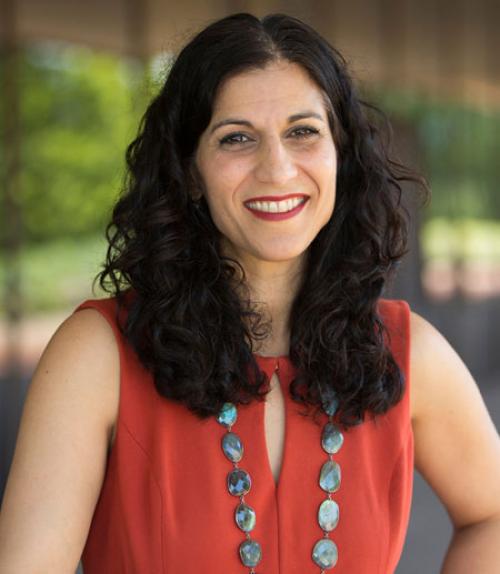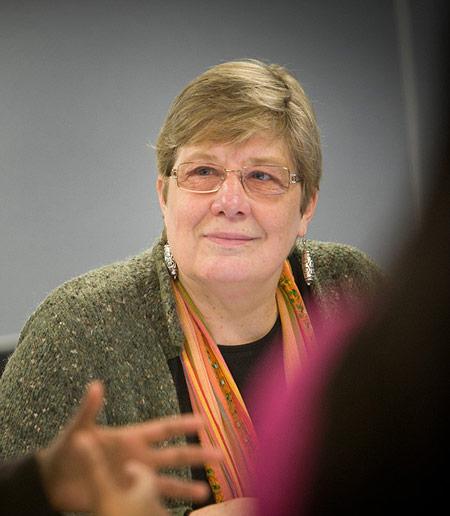
 Department Homepage
The College of Arts & Sciences
Department Homepage
The College of Arts & Sciences
Sociologist discusses links between breastfeeding, fertility
The Feminist, Gender and Sexuality Studies (FGSS) Program launched its lunch series Feb. 14 in Rockefeller Hall with a talk by sociologist Vida Maralani.



